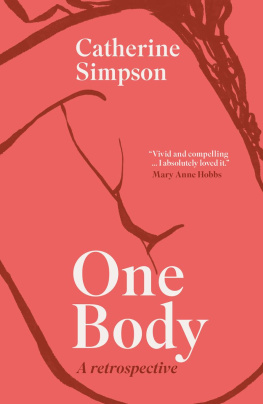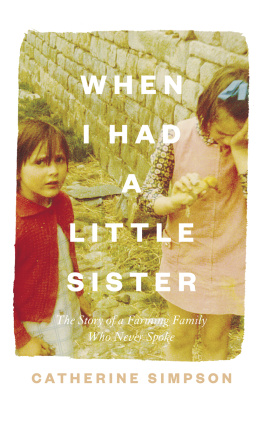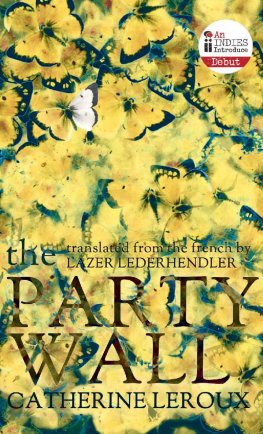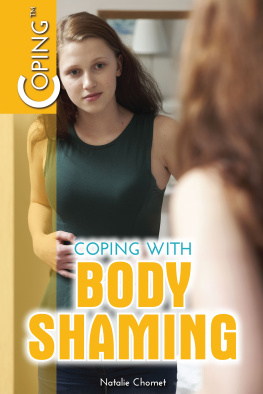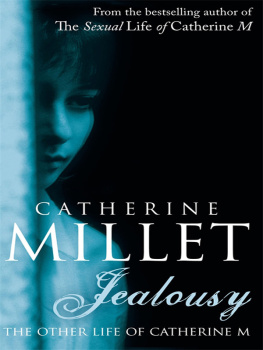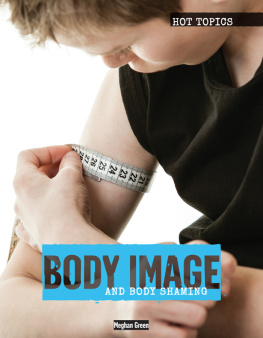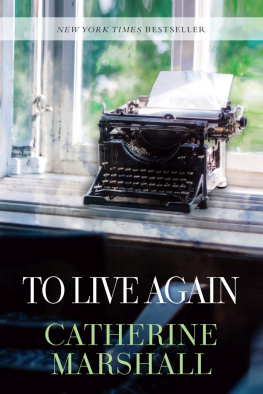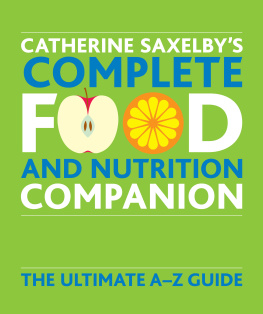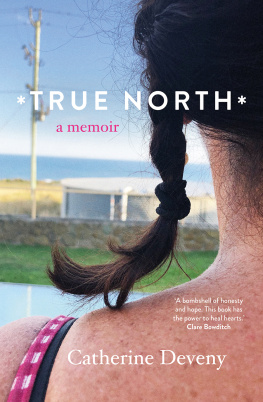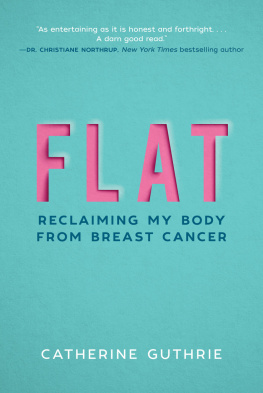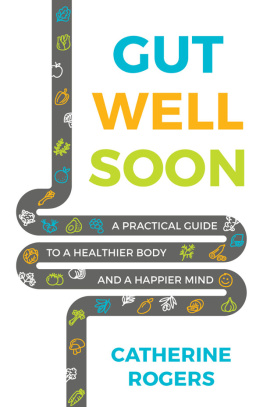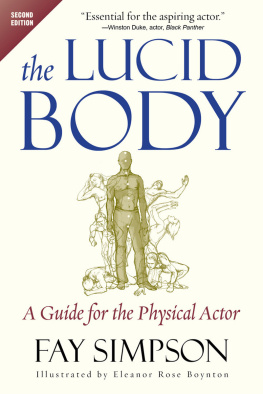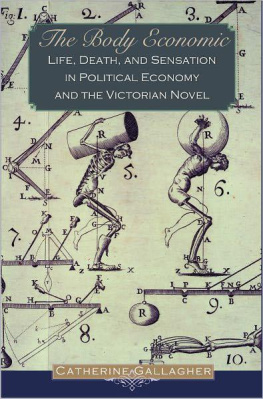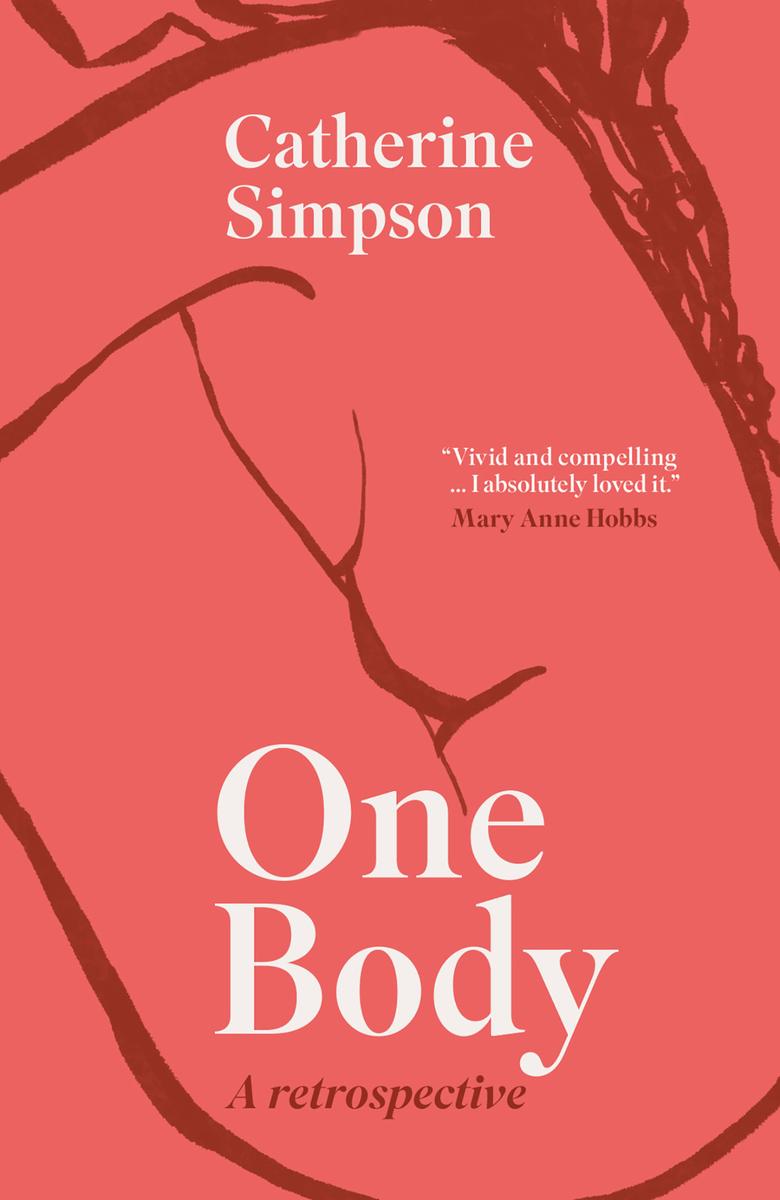
A joyful, angry, beautiful air-punch of a book, and so truthful I felt as though each word was written on my own body. Kirstin Innes
A vivid framing of the mystery, confusion and even terror tangled up with our young bodies in the 70s. Mary Anne Hobbs
Funny, bold, wry and, at times, enraging in the best possible way, this exploration has an incredible energising quality imbued with spirit and a real passion for life. Mary Paulson-Ellis
By turns poignant and searingly honest a wise and witty reflection on all that it means to have a body. Claire Askew
Praise for When I Had a Little Sister
A superb memoir heart-rending interwoven with welcome portraits [that] are laugh-out-loud funny. Sunday Times
Riveting and bleakly funny compassionate and beadily observed. Richard Benson, The Observer
Witty at times, yet precisely moving gripping and heart-wrenching. It sticks with me still. Mail on Sunday
A poignant memoir a precise and skilled writer a considerable achievement. Cathy Rentzenbrink, Times
If you loved Tara Westovers Educated, get yourself a copy as soon as humanly possible [a] beautifully understated elegiac portrait of farming life in modern Britain. Vogue
Brave and elegiacUltimately its a story of what it is to love someone with mental illness. Editors Choice, Bookseller ii
(Simpson) vividly and thoughtfully unpicks the circumstances in which she and her sisters were raised a study in gender oppression. Times Literary Supplement
Mixes the coolness of her journalistic training with the subjective pain of loss. James Robertson
A deeply engaging, courageous and human work. Graeme Macrae Burnet
This books secret weapon is the remarkable voice that fires from the page to the heart with no hesitation at all. Just wonderful. Janice Galloway
Simpson reconstructs a complicated portrait of the past with tenderness and unsparing detail. The List
A very powerful and moving read. Literary Sofa
Praise for Truestory:
Moving but never mawkish, and ultimately hopeful, a sympathetic portrait of autism. Sunday Mirror
Sharply observeda terrific read. The Herald
Vivid and empathetic. Lothian Life
I giggled and welled up at different times prepare yourself for the roller-coaster journey. Novelicious
Vivid perceptive and acute. James Robertson
Captivating, poignant and vivid. Dundee University Review of the Arts
This book is for Cello,
beside me every step of the way
(like Billy Connollys Mary!)
Contents
I was born at milking time on a dairy farm, which must have been a nuisance. I would learn later that nothing got in the way of milking and it was never acceptable to be a nuisance.
Nurse Steele attended my mother, who was in bed in the best sitting room; afterwards, the doctor, who had arrived in time for the birth, picked his way across the dark farmyard, through the puddles and over the cobbles, to the cowshed to inform my dad, Another girl!
It was late October back in sixty-three, and as Frankie Valli might have said, Oh, What a Night. Being farmers, they must have wanted a boy, but seeing as I weighed a decent eight pounds and had ten fingers and ten toes, they got what they were given.
My mother could not breastfeed and I refused bottled milk (another nuisance on a dairy farm), so legend has it she fed me liquidised sandwiches.
At three months, before any of my vaccinations, I got whooping cough and she sat up night after night with me in front of the kitchen range, waiting for the whoop between the coughs, thinking I had drawn my last breath. Over the years I was told every now and then, You nearly died, you did; think on.
My mother also told me she had fallen downstairs when she was pregnant with me and remarked more than once, I didnt make such a good job of you.
One way or another I used up a lot of my mothers patience before I was even old enough to remember.
I was not raised with permission to be ill as I grew up, illness was barely tolerated.
Doctors surgeries were for inoculations. Hospitals were for dealing with accidents, with the occasional stitch or a plaster cast. For years our farmhouse did not contain a first-aid kit and the only medication we had was a bottle of orange-flavoured Junior Aspirin on the top shelf in the kitchen to shut us up if we felt poorly and a tin of sticky pink Germolene for cuts and grazes.
One of my most prized possessions was a nurses bag I got for my eighth birthday, which contained a pretend syringe and a hammer for knocking knees. But I knew no one who worked in the medical profession; I was more familiar with the veterinary surgeon. We often watched the vet at work on the farm, injecting animals and calving cows. We also watched the artificial inseminator, the AI, at work in his enormous rubber apron, taking a straw of bull semen and sticking his arm up to his armpit inside a cow. This was mysterious but also normal. So normal that when we played in the muddy banks of the pond, we shoved our hands in deep, brought them out with a plop and shouted, Im the AI!
At our village primary school, Mrs Darlington had magic cream, a cream that took away all pain, stopped all aches and cured all illness. I imagine it was Savlon, but for years I believed it said magic cream on the tube. I longed for magic cream, but I never got any because I never had any ailments.
When one of the boys broke his leg tripping over a slab in the playground, magic cream was not applied; instead he was put at the front of the classroom with his leg propped up on a chair and a wet paper towel on top until home time.
Children who were ill were exotic. Illness made them worthy of fuss (a chair at the front, a wet paper towel). Illness made them special.
One girl in the village said she saw pink elephants dance around her bedroom walls during a fever, and I was fascinated and envious of what sounded like her own Disney film. When another girl was sent for speech therapy because she said bastick instead of basket, I decided to develop a stutter, until I got home and my mother barked, Talk properly!
In our dressing-up box, my sisters and I had a pair of Victorian wire-framed spectacles. We took turns sitting on the wall at the front of the farmhouse, the world swimming through the lenses, waiting for the occasional car to pass by in the hope that the driver would think we were intelligent and interesting enough to need glasses. In fact, I was short-sighted and did need glasses, but nobody noticed until I was eight and had a school eye test, by which time I could no longer read the blackboard.
NHS spectacles came in pink, blue or tortoiseshell. I refused the pink because they were too albino rabbit, and the tortoiseshell ones were for clever boys with short back and sides who did their own experiments, so I ended up with the pale blue.
Glasses were a blow for a child; it would be years before they became stylish. You were a Speccy Four-Eyes or a Mr Magoo a cartoon character who blundered around half-blind. My uncle told me, Boys dont make passes at girls who wear glasses. This was the same uncle who said, Pink, pink, makes the boys wink, which may have been another reason I rejected the pink frames. Glasses, it turned out, did not make me more interesting or intelligent and were definitely not exotic; indeed, there was something sad and lonely about them.

